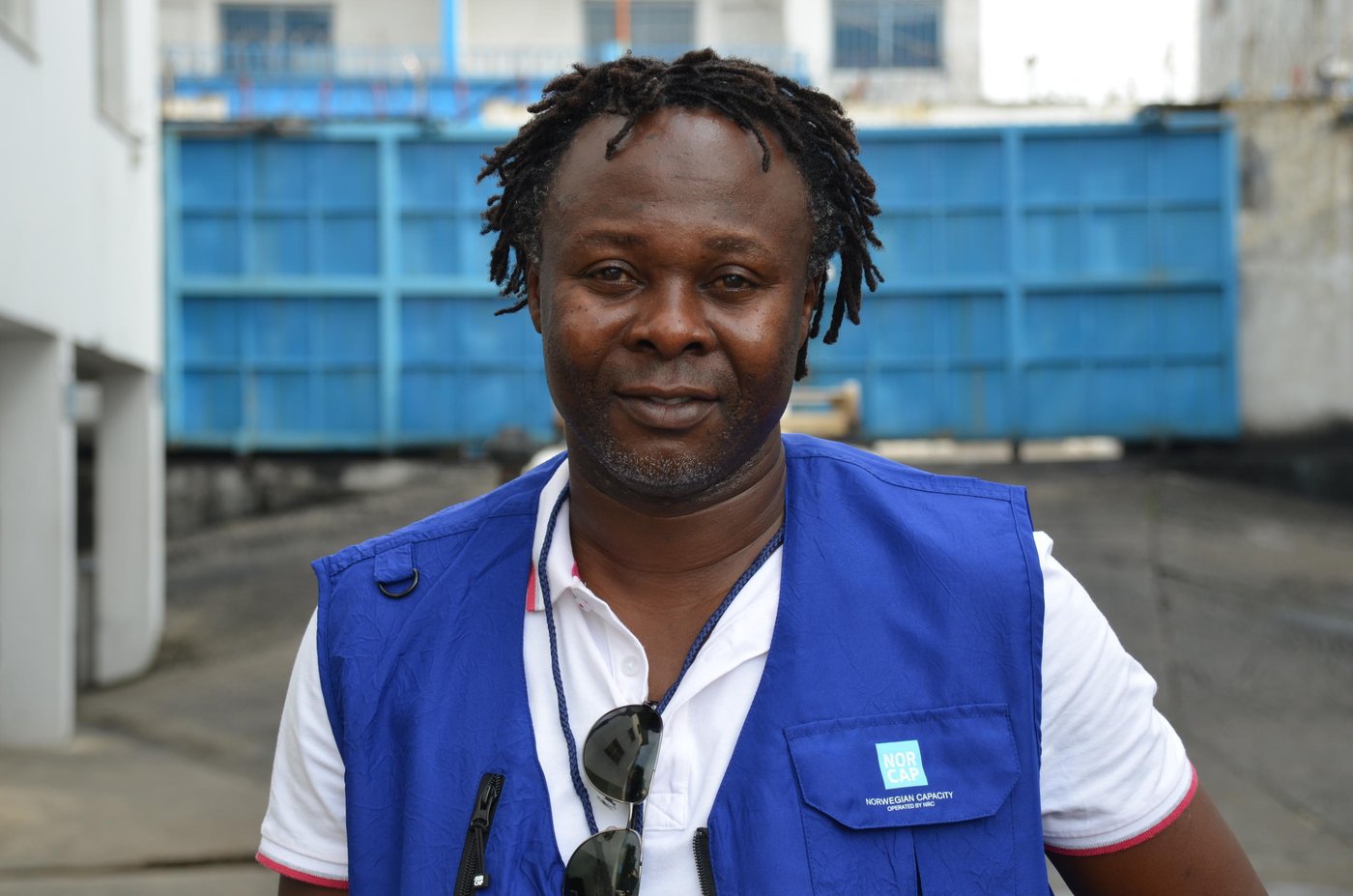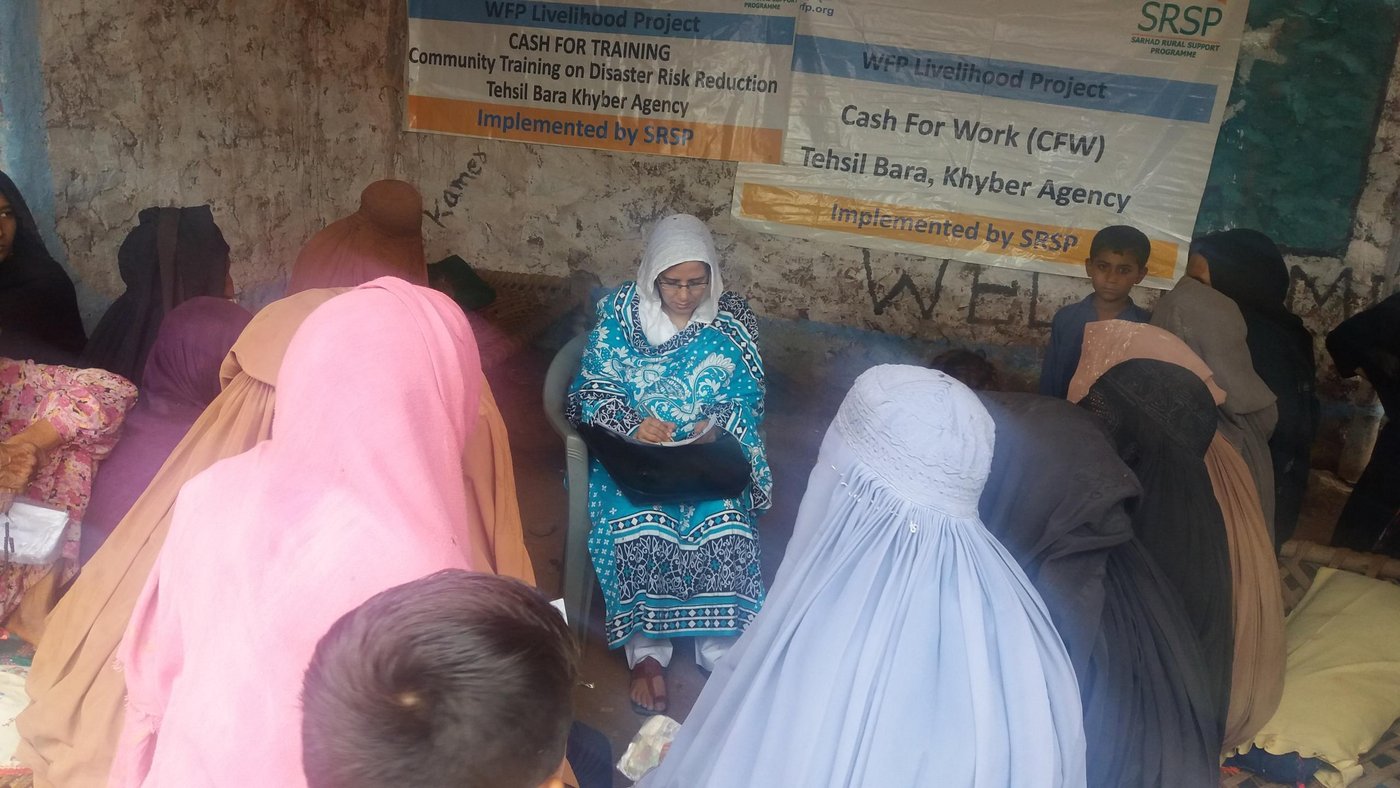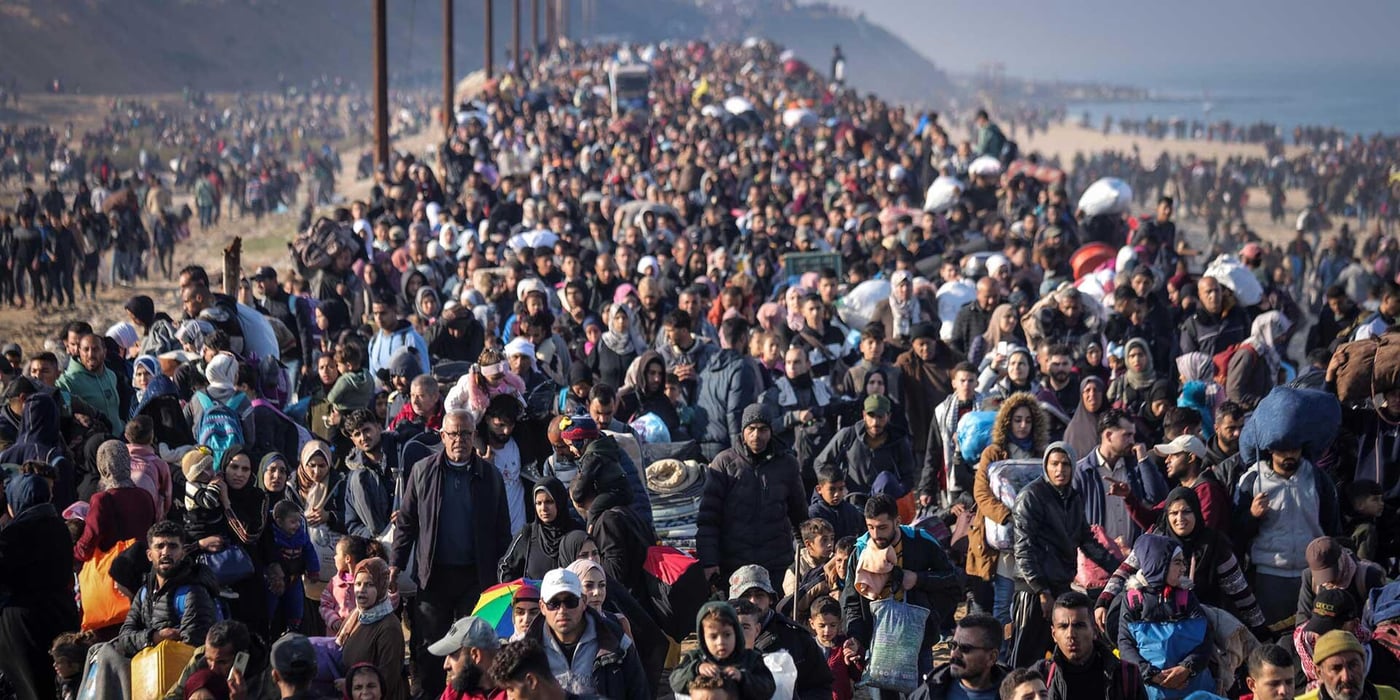
The goal is to strengthen and increase technical expertise on cash transfer programming, by ensuring that more experts are confident in using the method and able to apply it to various contexts and responses.
So far, six NORCAP experts, with a background from water, sanitation and hygiene, logistics, shelter and protection have applied to be part of the capacity building scheme, which aims to combine theoretical training with mentoring and practical placements.
"We realized that trainings were not enough to make people experts on cash. By offering placements within organisations that do cash programming, experts can learn by doing. At the same time they have a mentor to guide them through the process, says Elena Bertola, Learning and Mentoring Adviser for CashCap.
The pilot scheme is funded by the UK Department for International Development, (DFID) and implemented in cooperation with the Cash Learning Partnership (CaLP).
Better than expected
The first participants are already finishing their placements, and their work has received a lot of praise from the host organisations.
"We decided to take the opportunity to host James Omoloh as NRC Syria is rapidly improving our understanding of what should be done through cash transfer programming in this extremely challenging context. James's recent training, coupled with his energy and enthusiasm for learning, is a great asset to our field teams", says Roger Dean, Cash Assistance Adviser for Syria for the Norwegian Refugee Council.
Protection expert Shakeela Ellahi, recently finished her cash placement with World Food Programme in Pakistan.
"Shakeela's placement went extremely well. She was effectively and very much engaged with her new tasks and the cash-based transfer team was pleased to have her on board", says William Affif at WFP Pakistan.
"The feedback is better than we expected. Participants have been given more responsibility than we thought they would have, but they have handled it brilliantly and we are very pleased that they are able to make such important contributions early on", Bertola says.

"Quicker and more dignified assistance"
The experts themselves are happy about getting the opportunity to learn about a slightly different sector than what they have previously specialised in. James Omoloh, who is originally a shelter expert, had no prior experience in cash transfer when he applied for the training.
"My work in the humanitarian world has always been most important when my little contributions made changes in the lives of those who needed help. I got pulled to cash interventions because it means a quicker and more dignified assistance to people. This is just the beginning for me, but I already feel it is a path I would like to stay in", he says.
Protection expert Shakeela Ellahi feels the training helps her to assist those who are most in need, in a better way.
"The cash programme offers me an opportunity to bring a positive change in the lives of the most vulnerable and it broadens my knowledge and skills", she says.
Expanding humanitarian experience
Now the challenge is to find more organisations that would like to host the NORCAP cash-experts-to-be. Elena Bertola explains many are unsure whether to take placements, as they feel the deployees may not have the amount of knowledge required.
"It is important to remember that these placements are not trainees or fresh out of university. They are humanitarian professionals and the contributions they have made in previous placements make me certain host agencies will benefit as much as the individual experts", she says.
Shakeela Ellahi strongly recommends other NORCAP experts to try the same course.
"Cash transfer is not a sector in its own right, but a tool that can be used, when appropriate, to meet different needs and objectives in several areas (food security, health, shelter etc.). NORCAP experts from different sectors should consider learning and doing the same, as it gives disaster affected communities greater flexibility and choice", she explains.
James Omoloh agrees.
"It is up to each individual to find out where their passion lies, but doing this does not take away your skill in other fields, it expands your work. Cash transfer is also getting more and more popular, so in my opinion, doing this involves no losses, only gains", he says.




